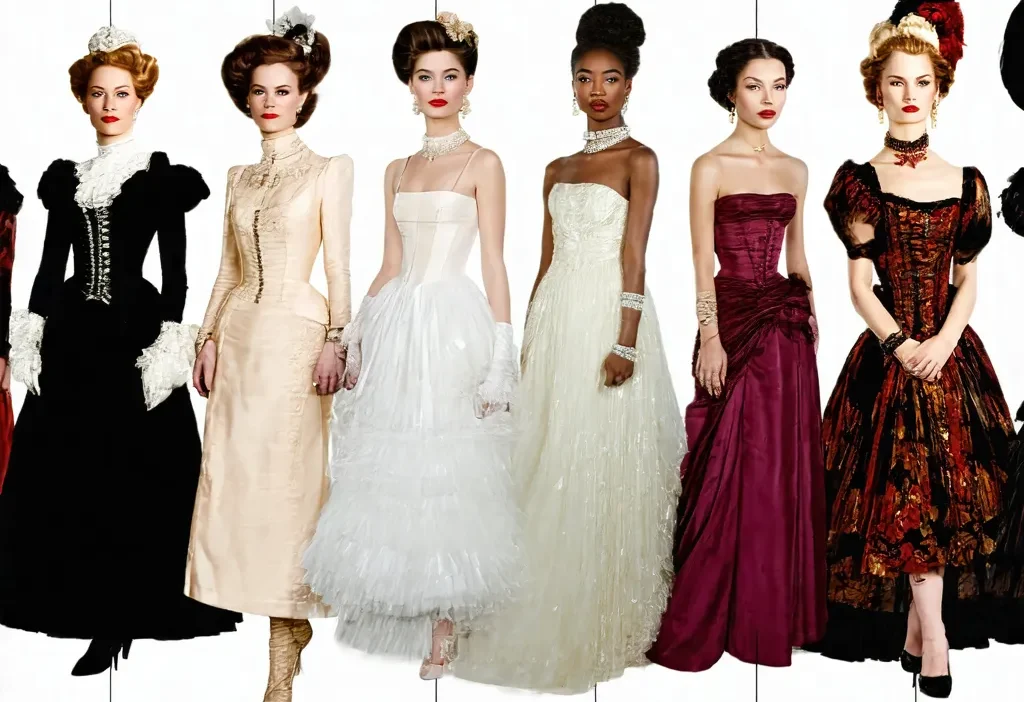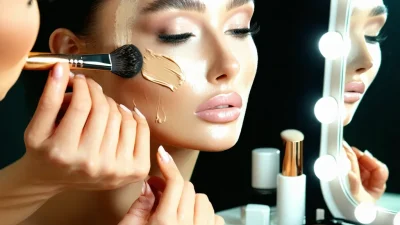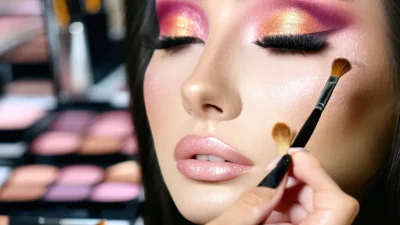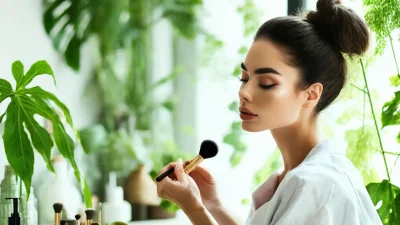From Flapper to Influencer: The Evolution of Beauty Standards Across Decades
Beauty standards have always been a reflection of the cultural, social, and technological shifts of their time. From the flapper era to the rise of digital influencers, society’s perception of beauty has undergone significant transformations. In this blog, we’ll journey through the decades, exploring how these changes have shaped our understanding of beauty.
The 1920s: The Flapper Era
In the 1920s, the flapper style emerged as a symbol of modernity and liberation. Beauty standards during this time emphasized a boyish figure, with shorter hairstyles like the bob cut becoming iconic. Women embraced makeup for the first time in public, with rouge and kohl-lined eyes being popular choices.
- Key features: Bobbed hair, pale skin, and bold lips
- Influential figures: Louise Brooks and Clara Bow
- Cultural impact: The flapper era marked a shift towards individuality and self-expression
The 1940s: Hollywood Glamour
World War II had a significant impact on beauty standards. Rationing led to more subtle makeup looks, but Hollywood continued to influence fashion. Glamorous, polished looks were the norm, with red lips and winged eyeliner being signature styles.
“The 1940s were about creating a sense of normalcy and positivity amidst wartime struggles,” said beauty historian Dr. Jane Smith.
Iconic figures like Marilyn Monroe and Betty Grable epitomized the era’s beauty ideals, with their classic Hollywood glamour leaving a lasting legacy.
The 1960s: The Mod Movement
The 1960s brought about a revolution in beauty standards. The mod movement emphasized boldness and experimentation, with geometric eyeliner, bright eyeshadows, and voluminous lashes becoming popular. Makeup was used to create dramatic effects, reflecting the era’s spirit of rebellion and change.
- Key features: Bold lips, graphic eyeliner, and Monroe brows
- Influential figures: Twiggy and Sharon Tate
- Cultural impact: The mod movement inspired a shift towards individuality and self-expression
The 1980s: Exaggerated Beauty
Big hair, bold makeup, and statement jewelry defined the beauty standards of the 1980s. The decade was all about excess, with beauty looks that were larger than life. Bright colors, heavy contouring, and voluminous hairdos were hallmarks of this era.
“The 1980s was all about making a statement,” said celebrity makeup artist Bobbi Brown.
Iconic figures like Madonna and Cyndi Lauper pushed beauty boundaries, embracing bold styles that continue to inspire today.
The 2000s: The Digital Age
The rise of social media in the 2000s changed beauty standards forever. Platforms like Instagram and TikTok allowed people to share their looks instantly, creating a global beauty culture. Makeup tutorials became popular, with influencers teaching followers how to achieve specific looks.
- Key features: Glowing skin, contouring, and false lashes
- Influential figures: Kardashian sisters and beauty gurus like Jeffree Star
- Cultural impact: The digital age democratized beauty, allowing people to experiment with different styles
The Present Day: Embracing Inclusivity
Today, beauty standards are more inclusive than ever before. People of all ages, skin tones, and body types are represented in media and advertising. The rise of Diversity campaigns and the #BodyPositivity movement have challenged traditional beauty norms, promoting self-acceptance and confidence.
“Beauty is no longer one-size-fits-all,” said author and beauty expert Amy(Configuration)
In conclusion, the evolution of beauty standards reflects society’s changing values and aspirations. From the flapper era to the digital age, each decade has left its mark on how we view beauty. As we move forward, it’s clear that inclusivity and diversity will continue to shape our understanding of beauty.





